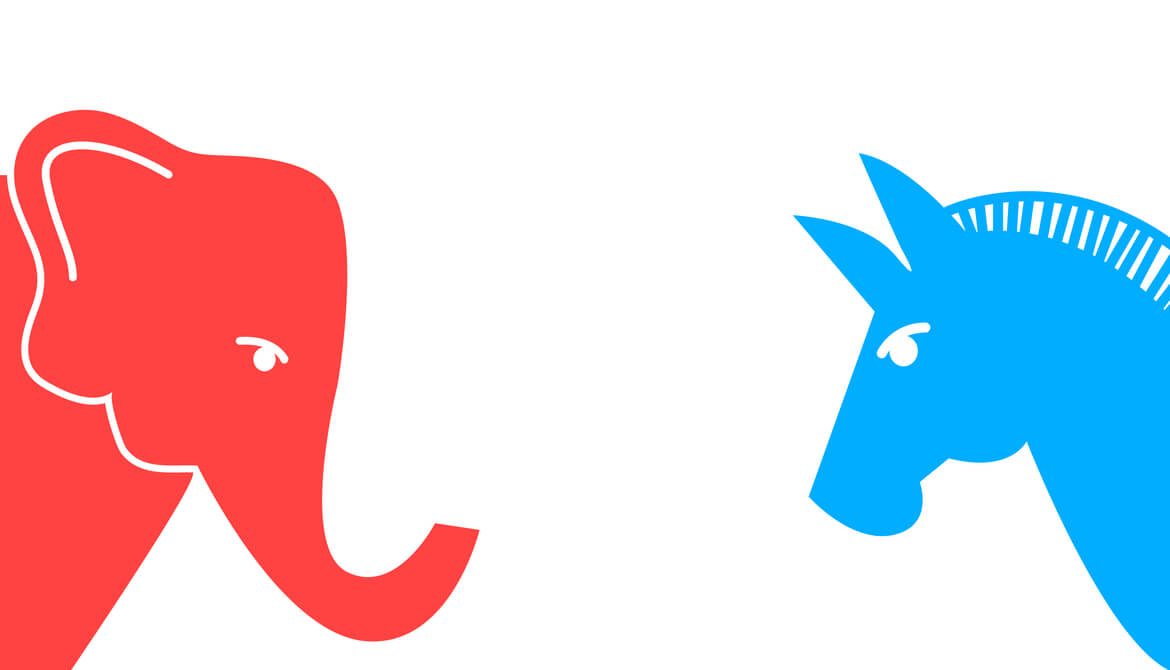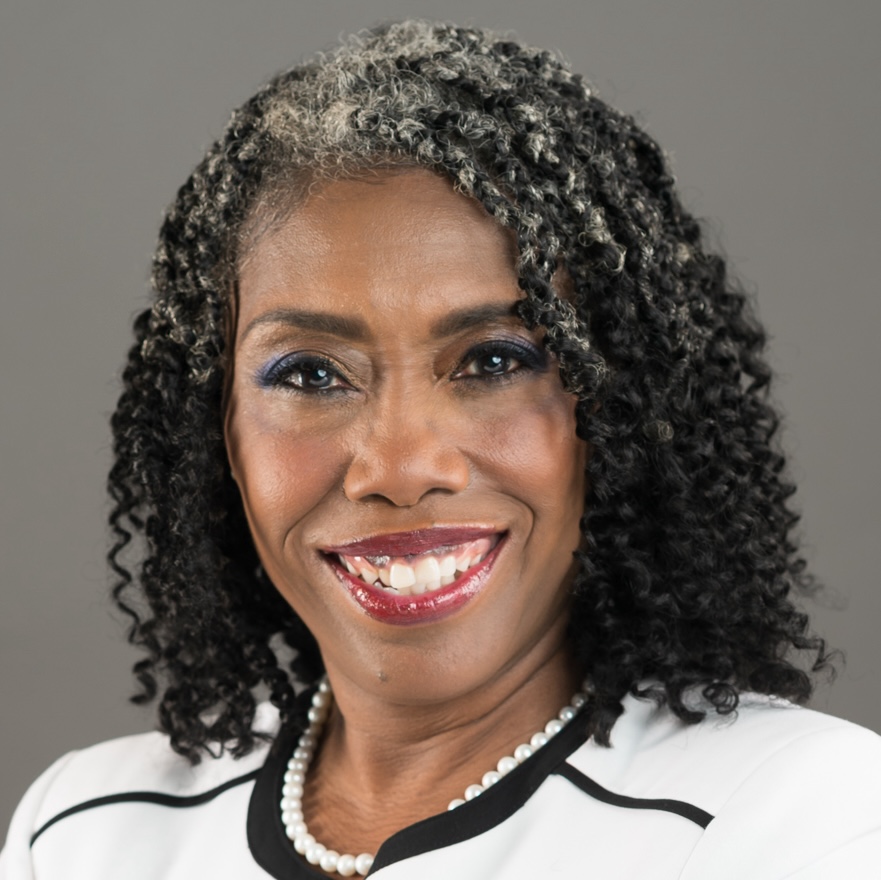4 minutes
Are we really that different? What can credit unions do?
The 2020 presidential election is over. We have a new president-elect, and for the first time in the history of the United States a vice president-elect who is a woman. We should be shouting from the rooftops that significant change has taken place. Instead, some are saddened by the fact that the election results show there remains a great divide in our beloved United States of America.
While some of us are disappointed our candidates of choice will not remain in office, one thing is crystal clear: Americans came out to vote, the greatest number our country has ever experienced. For me, that is where we start. That is the common ground.
The election turnout should give us hope that Americans want to make this country the best that it can be. A participatory government begins with the participation of the citizenship. Participation also signals hope. Most people would not engage in an act they consider pointless. So, let’s build our hope on this starting point.
We have an opportunity and an obligation as credit union advocates to remember our role in society. The origins of the credit cooperative movement began as a social science experiment. The mere audacity that ordinary people could unite and combine resources to help each other was a radical idea. The cooperative evolution arose because people had hope.
Credit unions play a role in society today by offering hope again. One of the ways credit unions can unite people is through our insistence that our principles matter. We can do this by ensuring the cooperative principles are relevant for these contemporary times.
The African-American Credit Union Coalition is fully behind the idea that the seven cooperative principles are due for modernization on the point of diversity, equity and inclusion. We have embraced the momentum to add an eighth principle that espouses the ideals of DEI. We believe DEI can be a unifying rally for the credit union movement and society.
I will be the first person to tell you that the diversity, equity and inclusion journey can be difficult. I admit DEI can feel polarizing for some. There are good reasons for this immediate disconnect. First, DEI awakens us to the possibility that some people feel marginalized. Second, the remedy often touted for alienation is disenfranchisement. This creates more conflict. Finally, real talk about one’s identity stirs sensitive personal emotions.
I remain hopeful because the rewards can be so sweet and victorious. For instance, influential organizations in the credit union movement have embraced diversity, equity and inclusion and are active and vocal about it, including:
- AACUC
- CUES
- CUNA Mutual Group
- Inclusiv
- NAFCU
- Fiserv
- PSCU
- the World Council of Credit Unions
- American Association of Credit Union Leagues,
- CUNA
- Filene
- PFP
- Visa
- Local Government Federal Credit Union
- State Employees Credit Union of North Carolina
- SchoolsFirst Federal Credit Union
- BECU
- GreenState Credit Union
- Michigan State University Federal Credit Union
- MECU Credit Union
- Together Credit Union
- Coastal Credit Union
- Network of Latino Credit Union and Professionals
- CU Pride and
- the DEI Collective.
These organizations and the people who run them are working hard to advance diversity, equity and inclusion. They are including it in the strategic plans. They are creating programs to address economic equity. They are creating programs and services that help their team members understand the business case for DEI and how to navigate and implement DEI in their organizations.
We have come too far to stop now. Americans are resilient. While there has been tragedy with the COVID-19 pandemic and social unrest due to the systematic racism and oppression of the last 400 hundred years, we know that as a nation working together, we can overcome anything.
I choose to be hopeful instead of hopeless. I choose to believe that we will eradicate racism. I choose to join my colleagues in the credit union movement to step up and provide solutions to close the economic equity gap. I choose to get into “good trouble” with my fellow Credit Union Development Educators. I choose to stand with the AACUC Visa/Cooperative Trust Crashers and Young Professionals Summit as they lead the “I’ve Got $5 On It” campaign to provide funds to communities that need assistance. And most of all, I choose to remember that credit unions were founded on the ideals of “people helping people” and “not for profit, not for charity, but for service.”
As we exit 2020, I am hopeful that as a credit union/cooperative community, we see our differences as opportunities instead of obstacles. Credit union advocates can turn this nation around. Please choose to stand with me and AACUC and the Commitment to Change – Credit Unions Unite Against Racism initiative.
Renée Sattiewhite, CUDE, is president/CEO of the African-American Credit Union Coalition, Duluth, Georgia.






